- Home
- Increase revenues
- Confluence
A regulatory opportunity emerges
Confluence — a global leader in data-driven investment management solutions — saw an opportunity emerge when the SEC issued a substantial requirement for financial reporting. Given their large client base, Confluence wanted to provide a solution for clients to efficiently produce new Tailored Shareholder Reports (TSR).
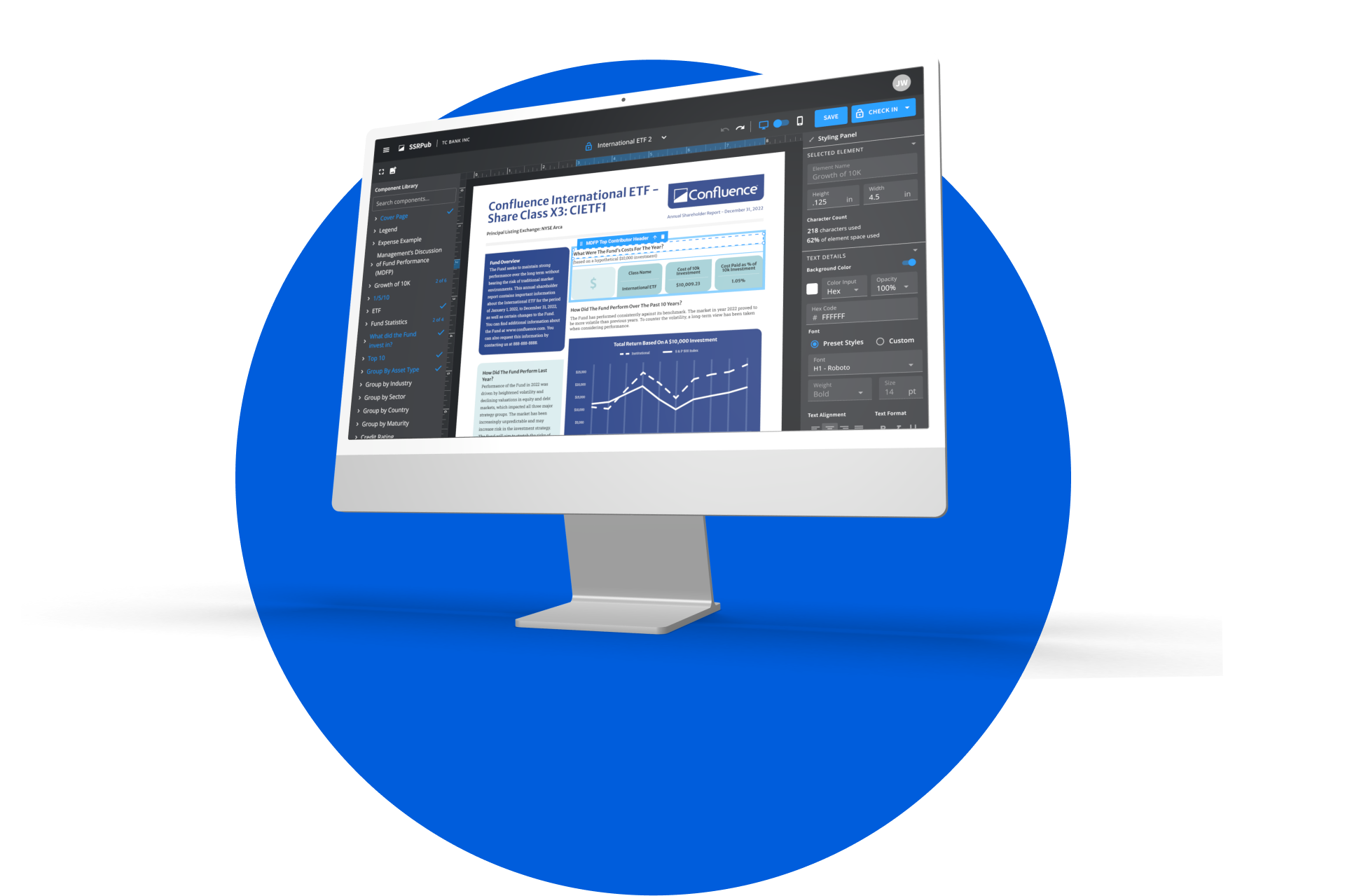
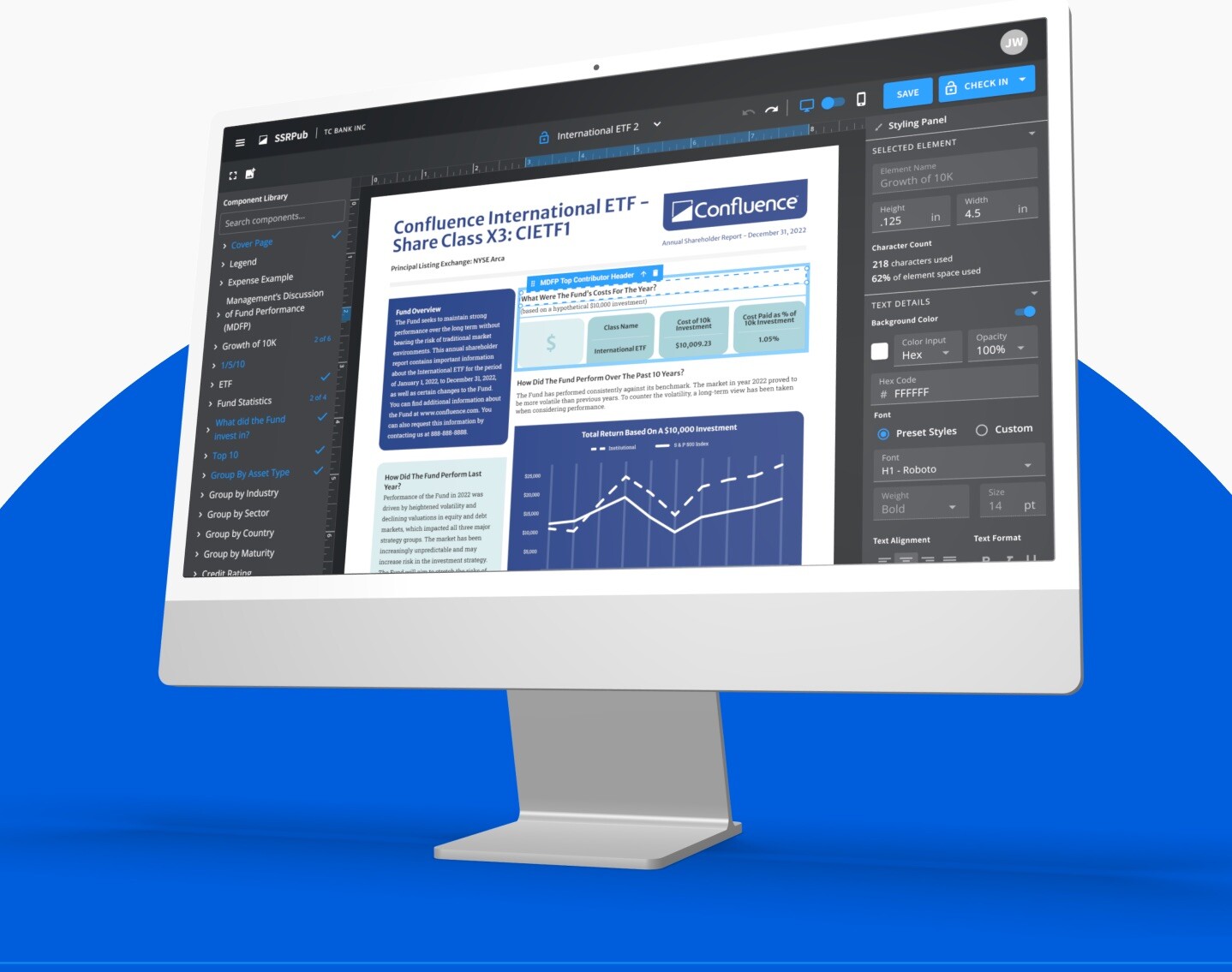
At-a-Glance
Collaborating with Confluence’s in-house product team, Truefit was able to build a web application that helps fund managers to quickly design and build professional, ADA-compliant custom templates that a can be used for hundreds or thousands of share-class level reports required by new SEC regulations for Tailored Shareholder Reports (TSR).
Delivering customer value that creates business impact
Desired business impact- Reduce staffing needs to support large volume
- Reduce overhead required for maintaining templates
- Increase revenues
- Capture early market share
- Meet the expectation of government issued requirements on time
- Easy, customizable styling for reports
- Built-in accessibility checks for visual contrast and HTML/PDF structure
- Efficient onboarding of new client users
- Reusable templates
- Reduce time required to build a template
- Version control that’s easy to work with
- Outputs that are visible on both desktop and mobile viewports
Headline
Attracted new clients
Increased search volume
Reduced time to discover relevant patents
Attracted follow on funding?
"Testimonial to go here" — Chris Evans, CTO
Product Details
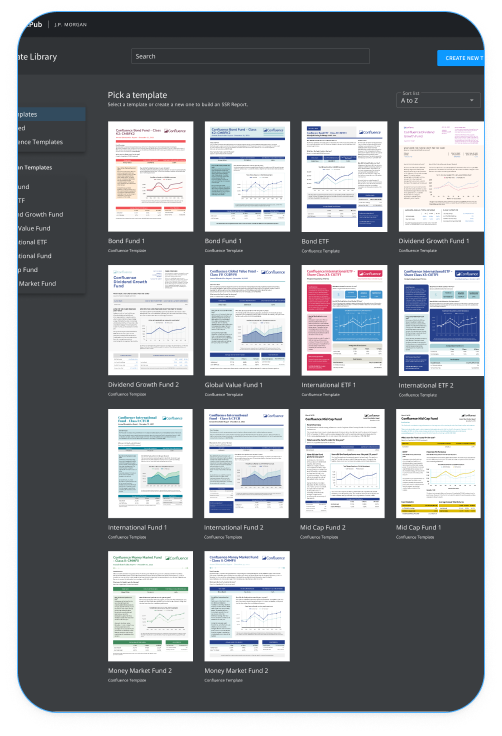
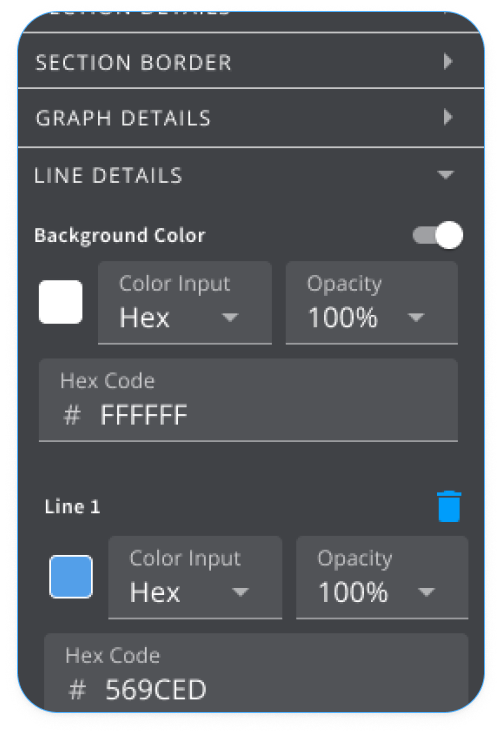
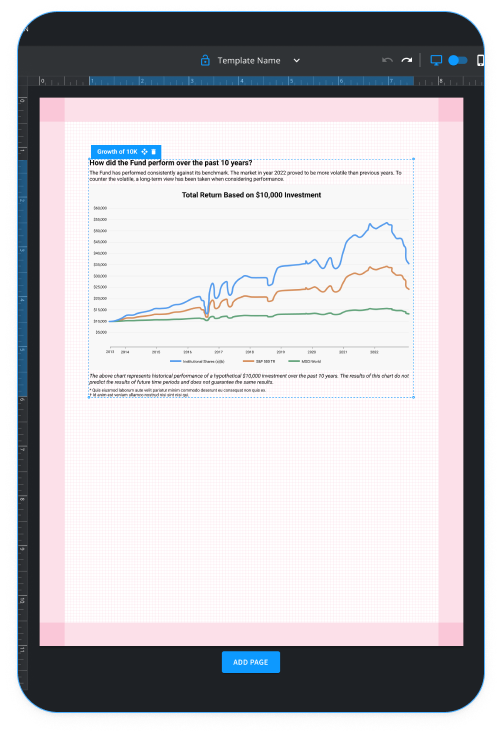
How we did it
Discovery workshop
Our team met with the customer for an intensive discussion to understand the user, align on expectations, and define business outcomes for key milestones.
User interviews
We conducted several 1-1 interviews with existing users about their needs, problems and product expectations for an improved product experience. We surveyed their existing employees to measure users needs and priorities.
Stakeholder interviews
Working in collaboration with their customer support team, we worked through existing feedback to identify their needs and measures for success.
Product audit
Our team conducted a rigorous review of existing solutions to understand necessary functionality and workflow to inform new product design. In addition, the team reviewed PDF report outputs to understand elements that were expected within the tool.
Product trend analysis
We studied competing offerings and experiences and other related product design trends.
Journey mapping
Our team created a journey map to align and collaborate with the client’s internal product team about how the front end user experience and back end data integrations would work together to deliver a great user experience.
Product strategy and roadmapping
We defined and prioritized problems from a business and user experience perspective. We identified important risks and assumptions that needed to be tested ahead of the build.
Object-oriented UX workshop
In an OOUX workshop, our team worked through defining objects, elements and actions that were central to the user experience.
Prototyping
With our validation of the customer journey map and our OOUX artifacts, our team was able to quickly produce high-level wireframes for the foundational features of the product - the template builder.
Design validation with users
We made sure that all the functionality and content was easy-to-use and navigable by observing users working with a prototype of our initial wireframes. Several quick wins were identified for pre-launch refinements.
Build! Build! Build!
We designed, coded, and tested on a weekly basis until we were feature complete for the first release.
Prepare for launch
Once all the systems were tested, Truefit assisted the client’s in-house team with efficiently getting the first iteration of the system up and running for private beta testing ahead of a broader commercial release. Subsequent releases were deployed on a monthly schedule.